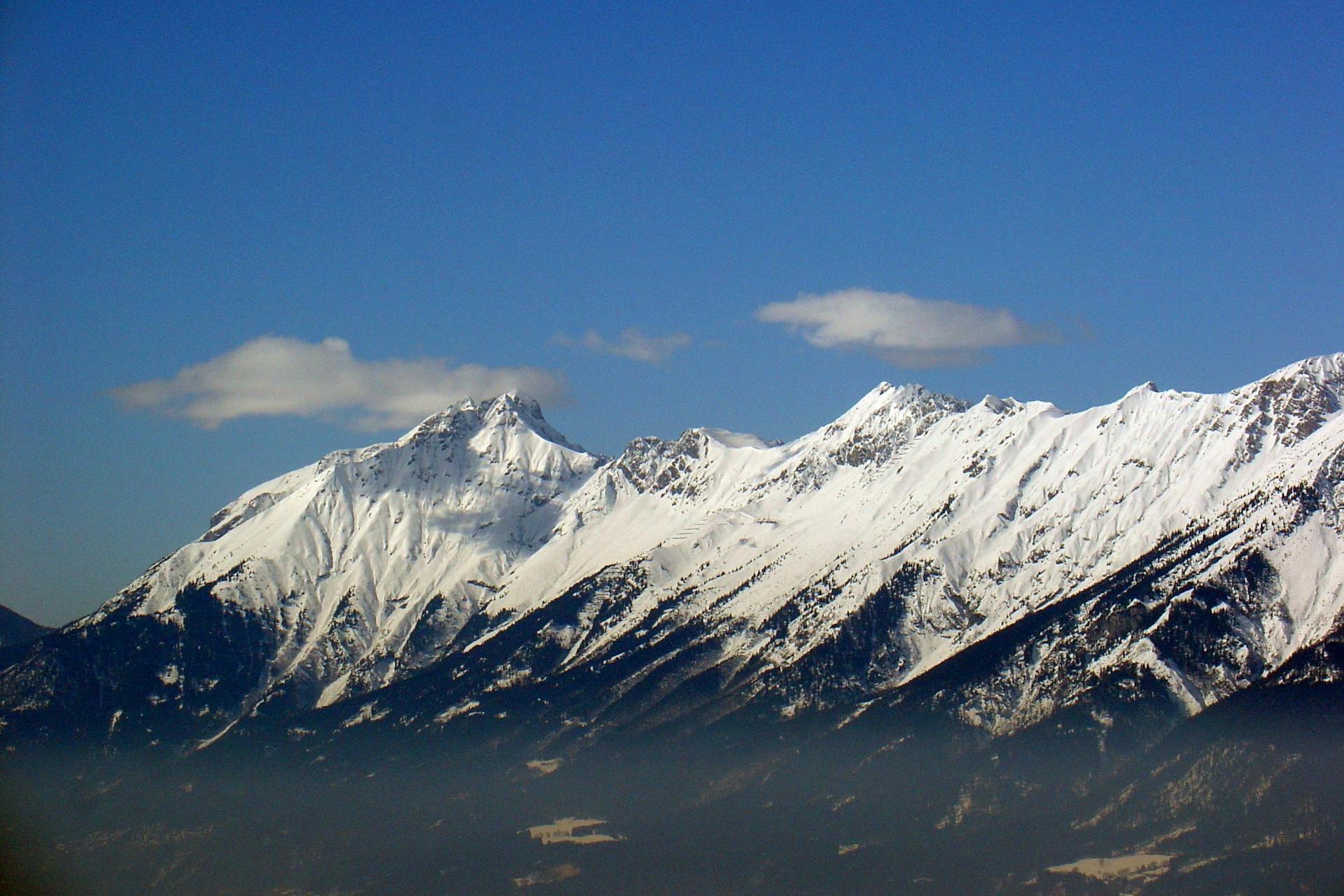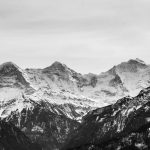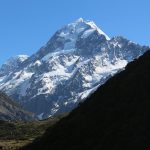Facts About Kanjut Sar, one of the majestic peaks in the Karakoram Range, stands as a remarkable testament to nature’s grandeur. Located in the Gilgit-Baltistan region of Pakistan, Kanjut Sar is the 26th highest mountain in the world and the 11th highest in Pakistan, reaching an elevation of 7,760 meters (25,459 feet). Despite its breathtaking beauty, Kanjut Sar remains relatively lesser-known, making it a hidden treasure for adventurers and nature lovers.
Unique Features of Kanjut Sar
- Double Summits: Kanjut Sar has two primary summits—Kanjut Sar I (7,760 meters) and Kanjut Sar II (6,831 meters). Both peaks are strikingly beautiful and present a formidable challenge to climbers.
- Remote Location: Nestled deep within the Hispar Muztagh subrange of the Karakoram, it is surrounded by glaciers and rugged landscapes that amplify its mystique.
- A Natural Fortress: The peak is bordered by the vast Hispar Glacier, one of the largest glaciers outside the polar regions, offering an awe-inspiring view for trekkers and climbers.
Climbing History
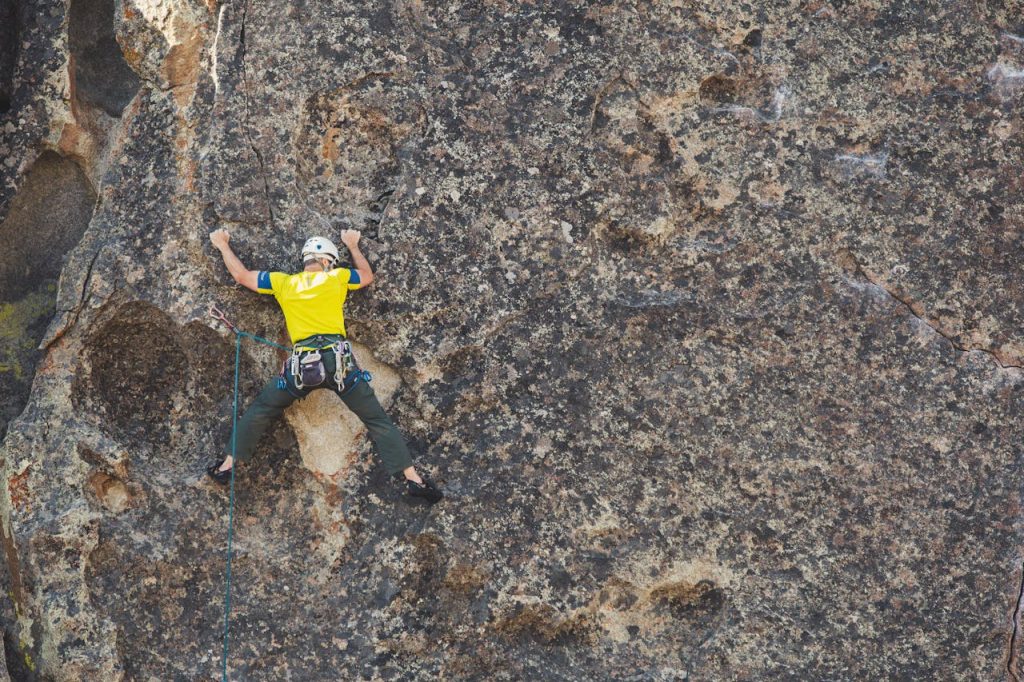
The first successful ascent of Kanjut Sar I was achieved in 1959 by a British expedition team led by Captain R.C.A. Harris. The team overcame extreme weather conditions and technical challenges to scale the peak. Since then, the mountain has seen only a limited number of expeditions, adding to its allure as a relatively untouched destination.
Adventure Activities at Kanjut Sar
- Trekking and Base Camp Adventures: The trek to Kanjut Sar base camp is an adventure in itself. Travelers journey through the Hispar Glacier, navigating rocky terrain and crossing glacial rivers.
- Mountaineering: Scaling Kanjut Sar is a dream for experienced climbers. The peak’s technical difficulty and icy slopes make it a challenging yet rewarding climb.
- Photography and Filmmaking: The pristine landscapes, glittering glaciers, and towering peaks provide endless opportunities for photography enthusiasts and filmmakers.
How to Reach Kanjut Sar
Travelers typically begin their journey in Skardu, the gateway to the Karakoram Range. From Skardu, a combination of jeep rides and treks through the Hispar Valley leads to the base camp. The route offers stunning views of surrounding peaks, lush valleys, and traditional villages, giving adventurers a glimpse into the local culture and lifestyle.
Safety Tips for Adventurers
- Prepare Thoroughly: Ensure you have the necessary climbing and trekking gear, including insulated clothing, crampons, and ropes.
- Acclimatize Properly: Spend adequate time acclimatizing to the altitude to avoid acute mountain sickness.
- Travel with Guides: Experienced local guides can help navigate the rugged terrain and improve safety.
- Check Weather Conditions: Sudden weather changes are common in the Karakoram. Stay updated on forecasts and be prepared for extreme cold and snowstorms.
- Follow Eco-Friendly Practices: Preserve the pristine environment by minimizing waste and avoiding littering.
Why Kanjut Sar is Special
Kanjut Sar’s remote location and challenging terrain make it a unique destination for adventure seekers. Unlike more popular peaks, it offers a sense of solitude and discovery. For those who make the journey, the reward is not just the achievement of reaching its base or summit but also the chance to witness untouched natural beauty.
A Case Study: A Climber’s Perspective
In 2018, a small group of international climbers attempted to scale Kanjut Sar I. While they faced harsh weather and technical difficulties, their journey underscored the peak’s allure. Though they could not summit due to an unexpected snowstorm, they described the experience as life-changing. The trek through the Hispar Glacier, encounters with local communities, and breathtaking views made their journey unforgettable, even without reaching the summit.
Environmental Responsibility
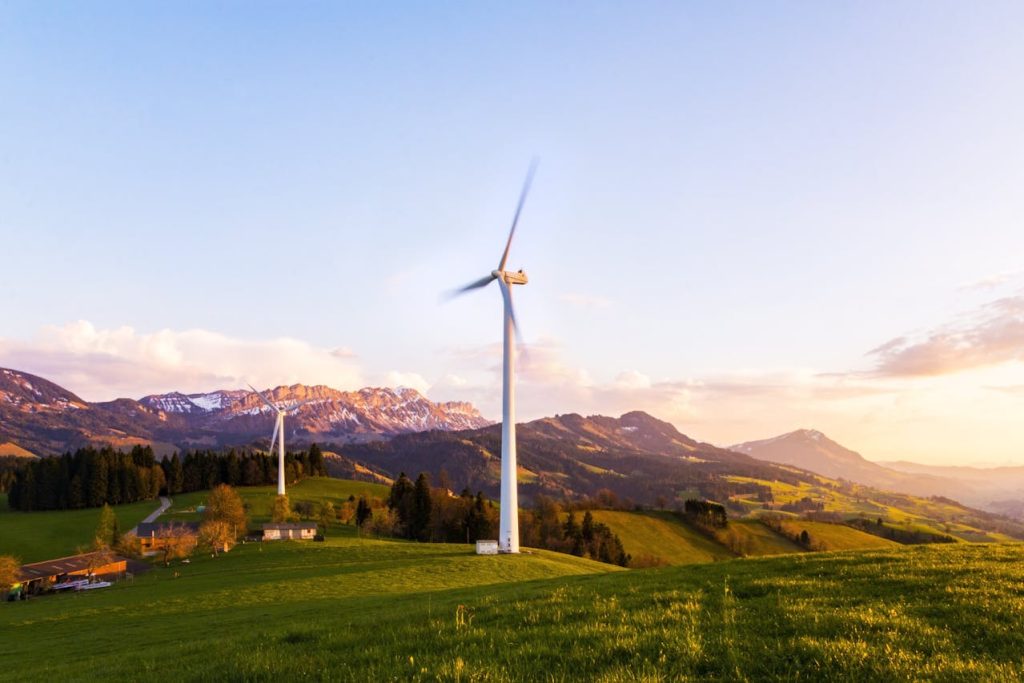
Kanjut Sar lies in a fragile ecosystem that demands care and responsibility from visitors. Sustainable tourism practices, such as using reusable materials, minimizing waste, and respecting local customs, are crucial for preserving the mountain’s beauty for future generations.
Table of Contents
The Cultural Significance of the Region
The Gilgit-Baltistan region is not just about towering mountains but also rich cultural traditions. The local communities in the Hispar Valley are known for their hospitality and unique customs. Visitors have the chance to experience traditional cuisine, music, and festivals, adding depth to their adventure.
Final Facts About Kanjut Sar
Kanjut Sar is more than just a mountain; it’s a symbol of the raw and untamed beauty of the Karakoram Range. Whether you’re a climber seeking your next challenge or a traveler looking for a peaceful escape into nature, Kanjut Sar offers an experience unlike any other. With its towering peaks, icy glaciers, and serene surroundings, it’s a destination that leaves an indelible mark on anyone who visits.
Explore Kanjut Sar responsibly, embrace its challenges, and let its beauty inspire you.
